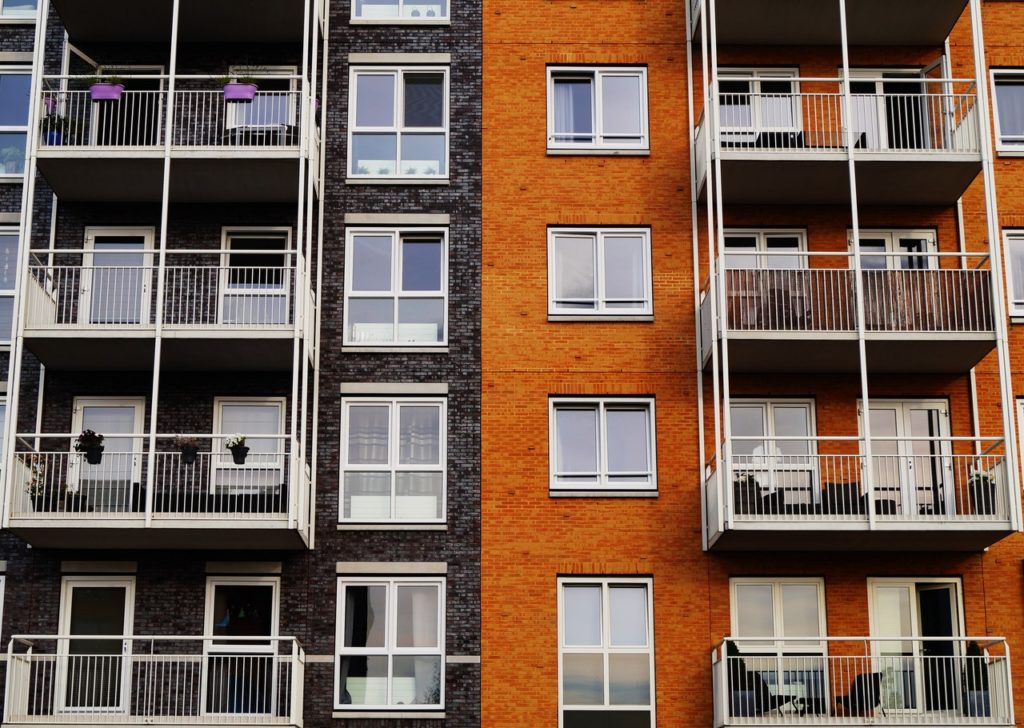You have certain responsibilities as a tenant. You have to pay your rent on time and follow all the rules and regulations set by the property management and landlords. Most rental places typically communicate these policies clearly. But in case you run into some issues, here are things you need to consider if you want to be a model tenant.
-
Ask questions
Most landlords and property managers would discuss things like rules, fail-safe measures, hygienic standards, and disturbance tolerances as soon as the renting formalities begin. Similarly, they should also discuss any fines or reprimands you may have to face if you fail to abide by their policies. You would also do well to review your rental contract in your own time. These policies should be outlined clearly within the contract.
But whatever the discussion is like, don’t be afraid to ask questions. Make sure you fully understand tenant rules. It’s better to know these things inside out instead of committing an infraction later on and claiming that you didn’t understand the policy. The consequences in that situation could just be dire enough that you might even get evicted.
-
Document all communications
Take note that these discussions should not be a one-time thing. You should maintain open communication with your landlord at all times. You must document every communication you have with the property manager. This includes interactions, payments, and complaints. Documenting communications can go a long way in helping you in the future if you ever get into a disagreement with them. And if things go sour, the same can help protect you legally, too.
-
Be mindful of guest policies
As a single male, it’s no question that you would want to host parties or invite your special friends or partners over to have some fun. Before you send out the invitations though, make sure you understand management policies about having non-residents over. If you want to use amenities like a pool or a rooftop garden to host a fairly large gathering, make sure you secure all the necessary paperwork needed to ensure that you comply with regulations.
You might also need to let the landlord or the property manager know if you plan on having guests over for a longer period. A friend needing a place to stay in between residences, for example, or if your family is in town and you have room to spare for an extended stay. Some properties might require guest fees. Others might simply ask you to register your guests with management. There are also some establishments whose rules about guests are fairly lax. Regardless of what your building’s policies are, make sure you adhere to them to not cause any trouble.

-
Be mindful of your neighbors
It’s not just the property managers that you need to have a good relationship with. More importantly, you’d want to have a harmonious co-existence with your neighbors. You don’t have to get all chummy if you’d like your life to remain private, but it wouldn’t hurt to at least be on a first-name basis with them. Emergencies are a fact of life and if an accident were to happen to you or if you suddenly need some help around your place, being able to call on a neighbor is a lot of help.
And that relationship should work both ways. If you’re a DIY hobbyist, offer to help your neighbors if they require some minor fixes around their apartment. Some landlords can take a while before they can fix things in the building and being able to help out your neighbors would put you in their goodwill forever.
-
Don’t play into the single, male tenant stereotype
There’s an unspoken debate among landlords and property managers about who makes better tenants: men or women. Some argue that women make better renters because they’re tidier, generally quieter, and adhere to rules better. Male renters, they claim, are messier, louder, and more unruly. Most of us understand that there’s hardly any truth to this stereotype but you’d be hard-pressed to argue with a landlord that’s had a run-in with some stubborn bachelor tenants.
The easiest way to change their minds is to pay your rent on time, be mindful of noise and be careful with any furnishings or appliances that came with the unit. This is especially true if you’re on a short-term lease. It may not seem obvious not, but your rental history could also help you secure better apartments or condominiums in the future, should you choose to upgrade.

